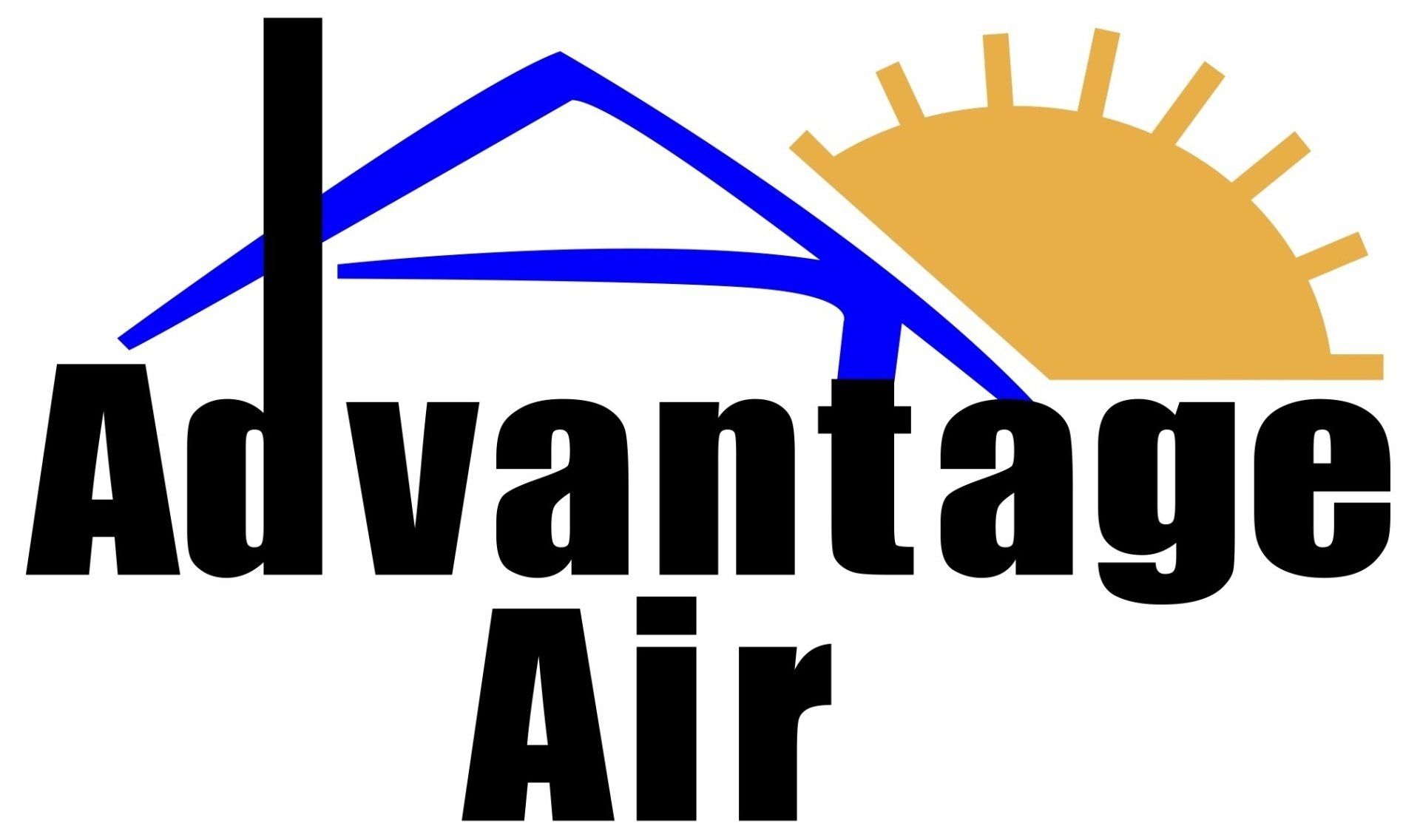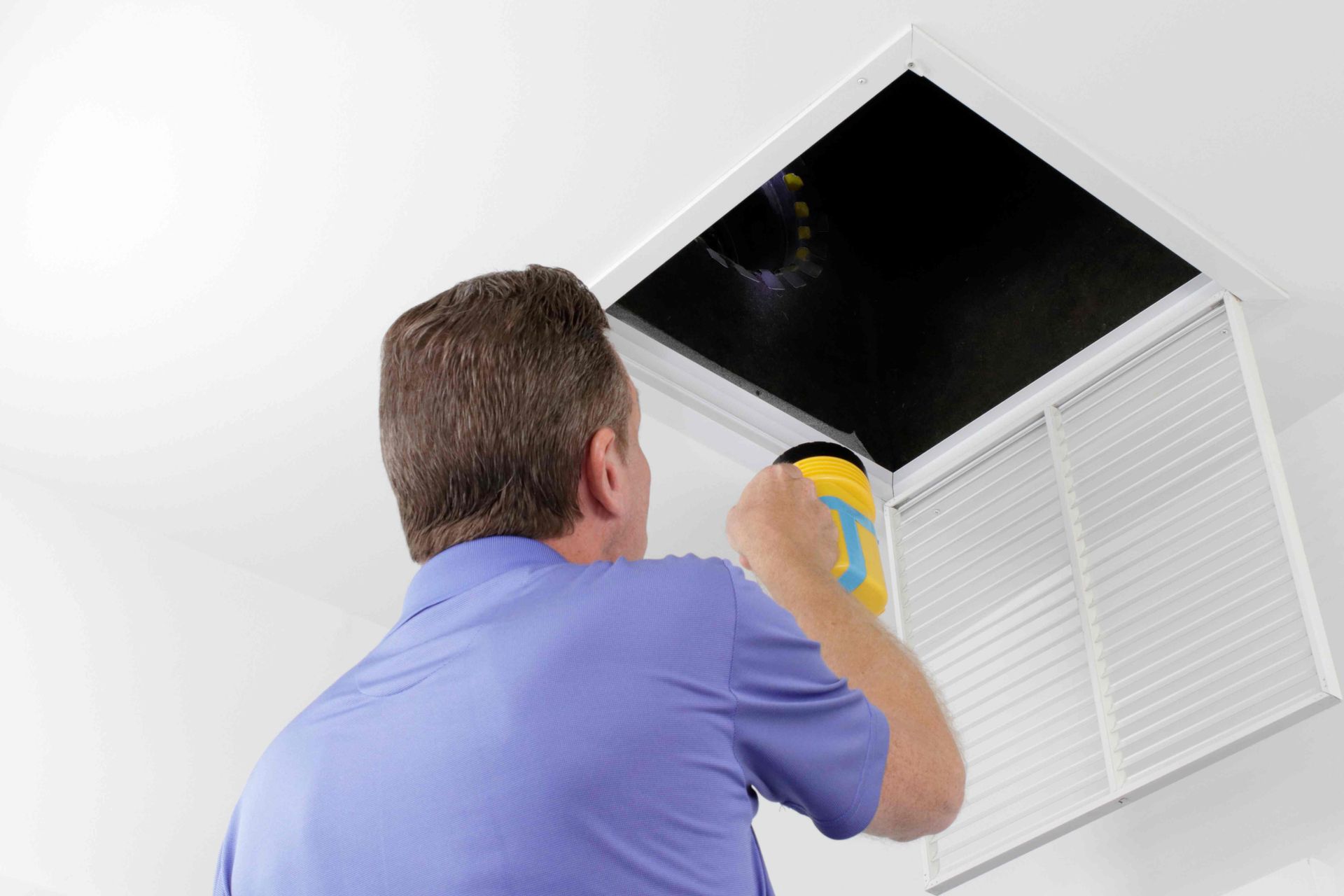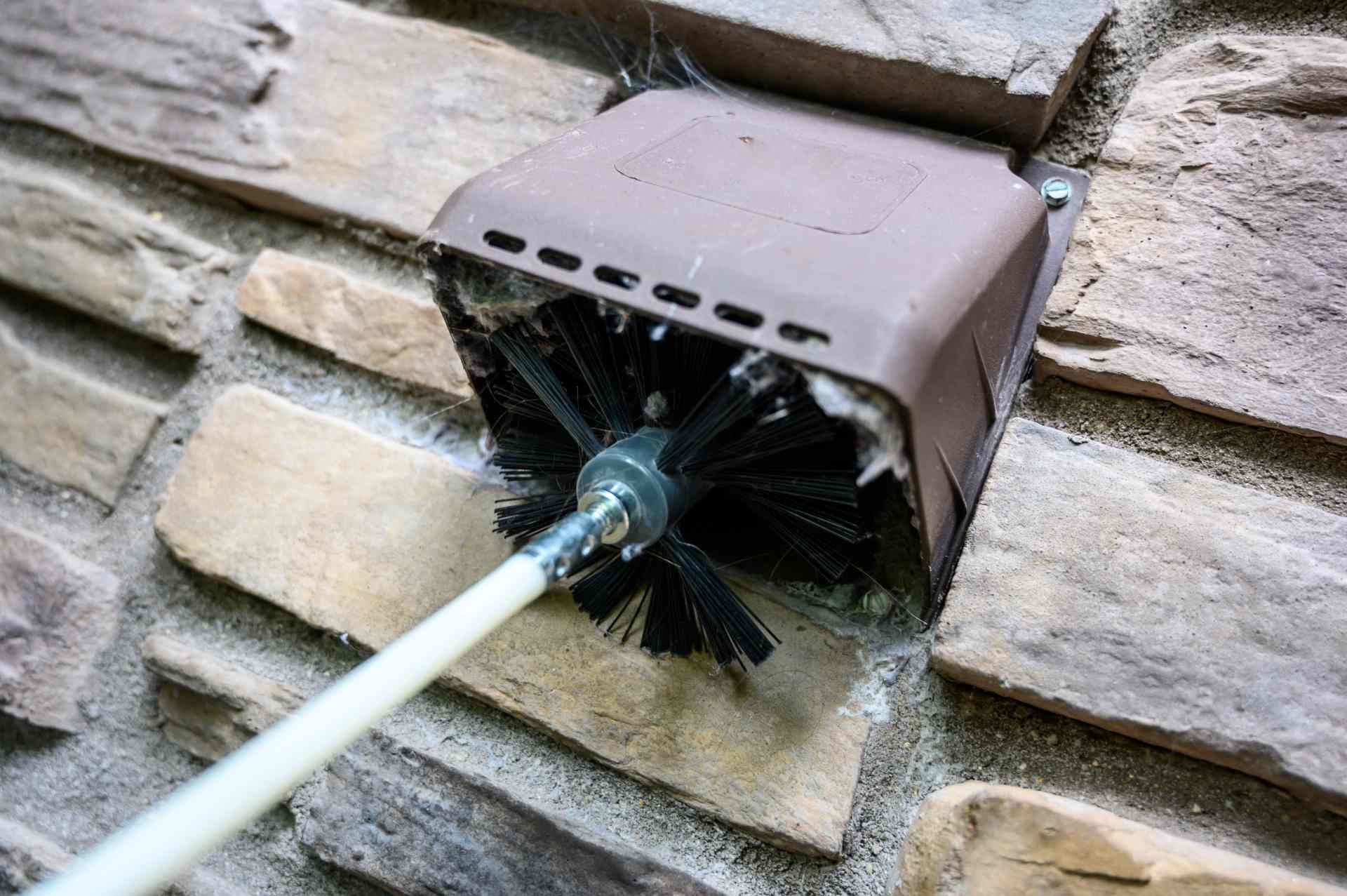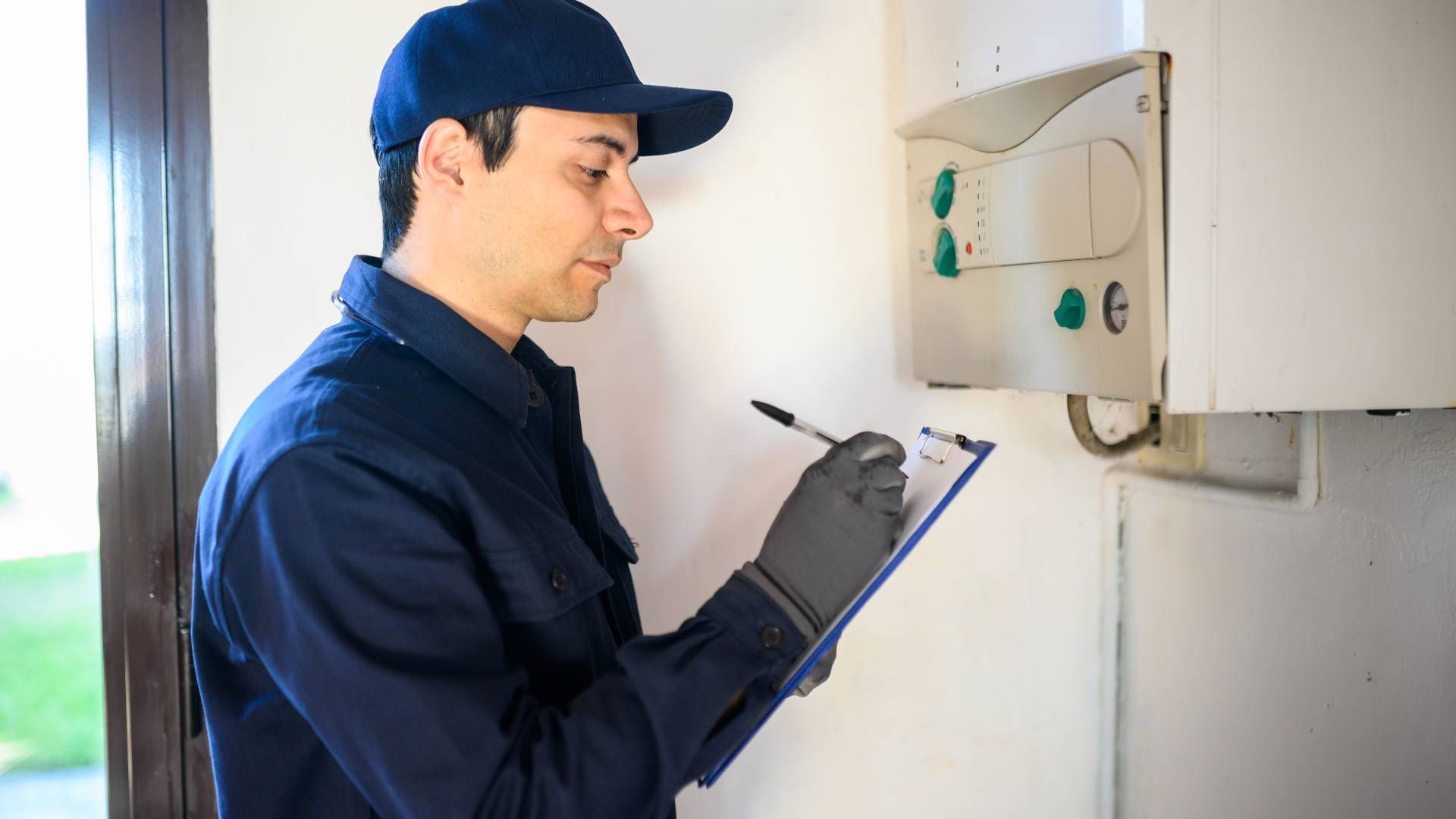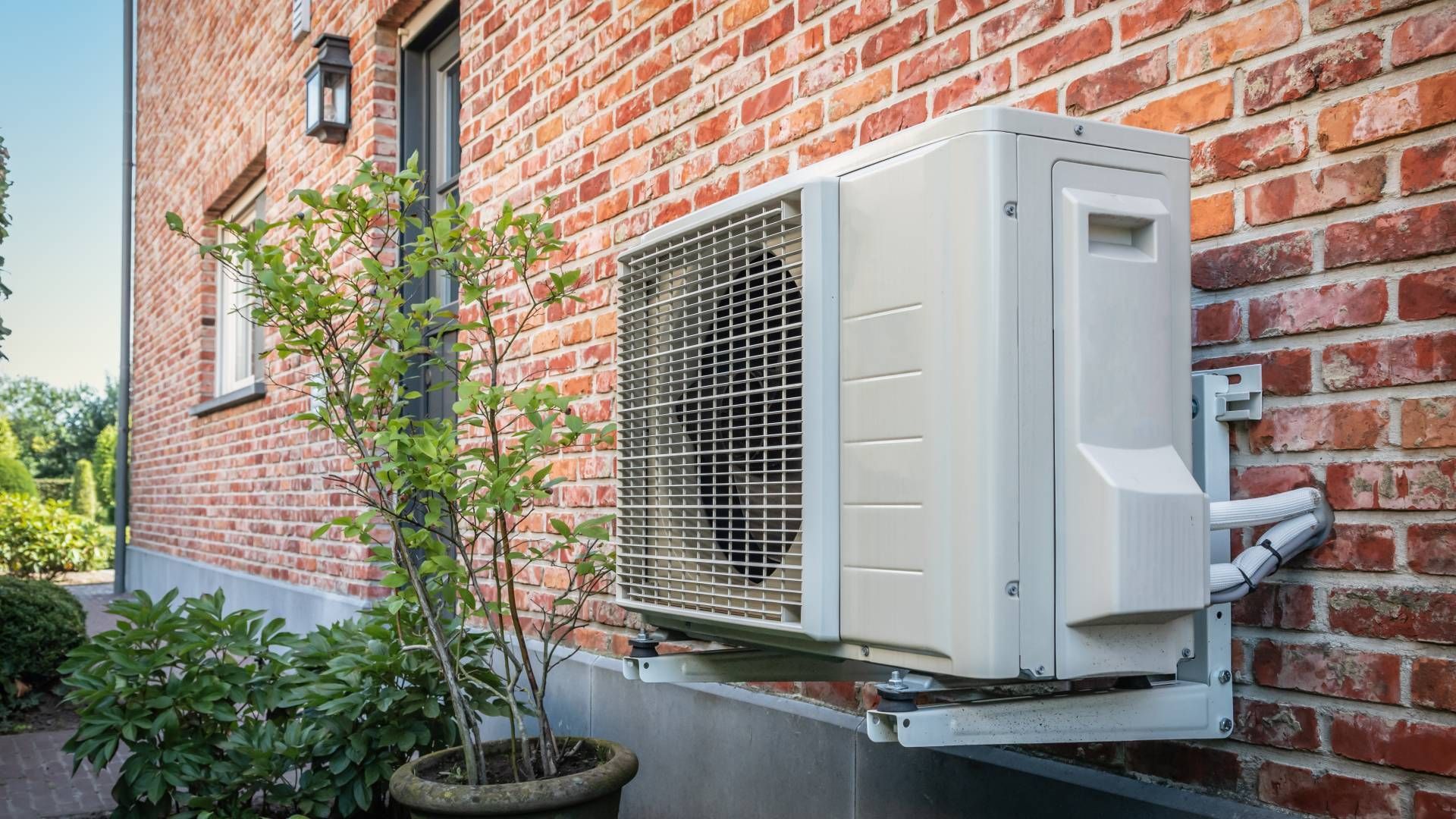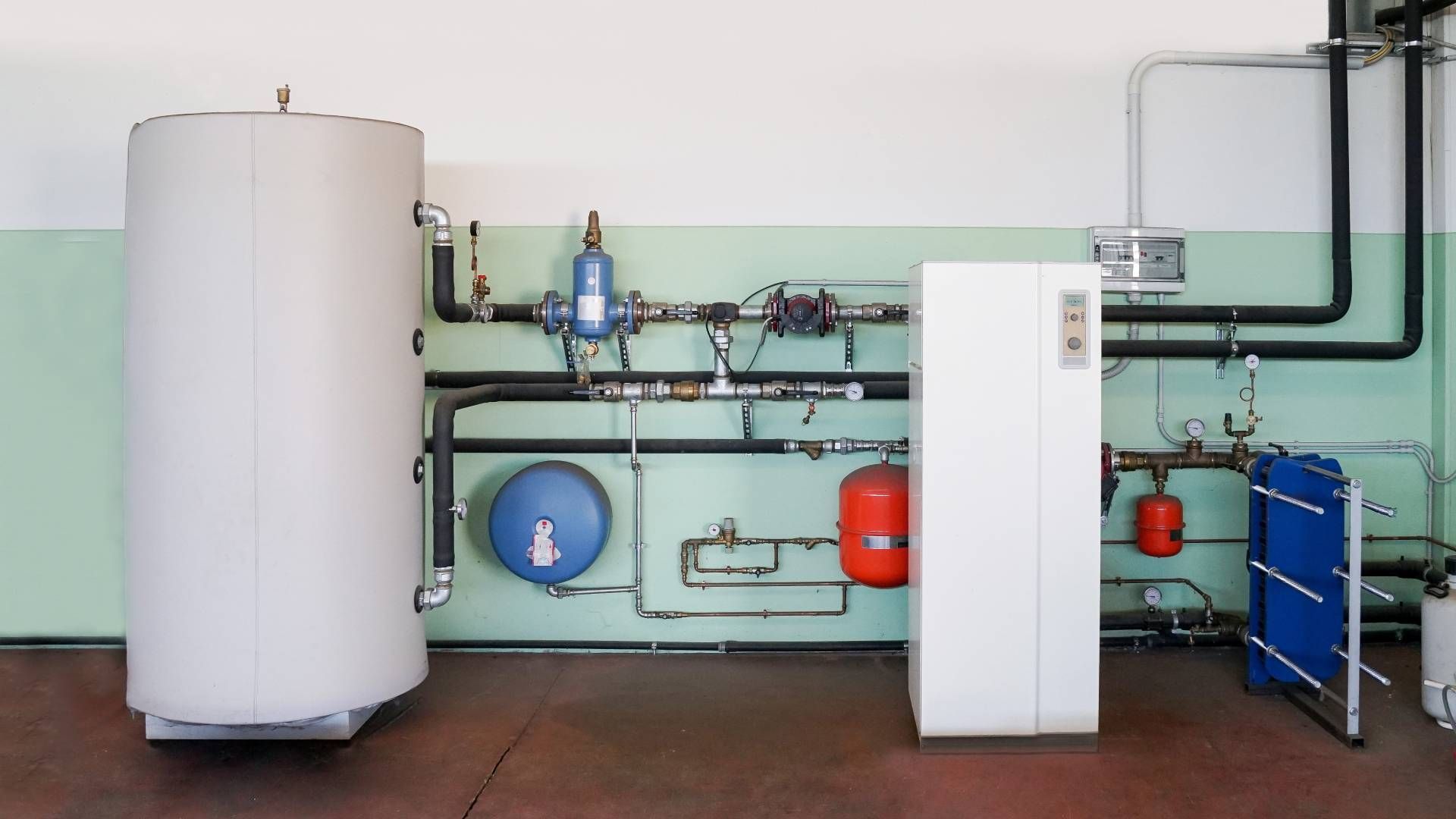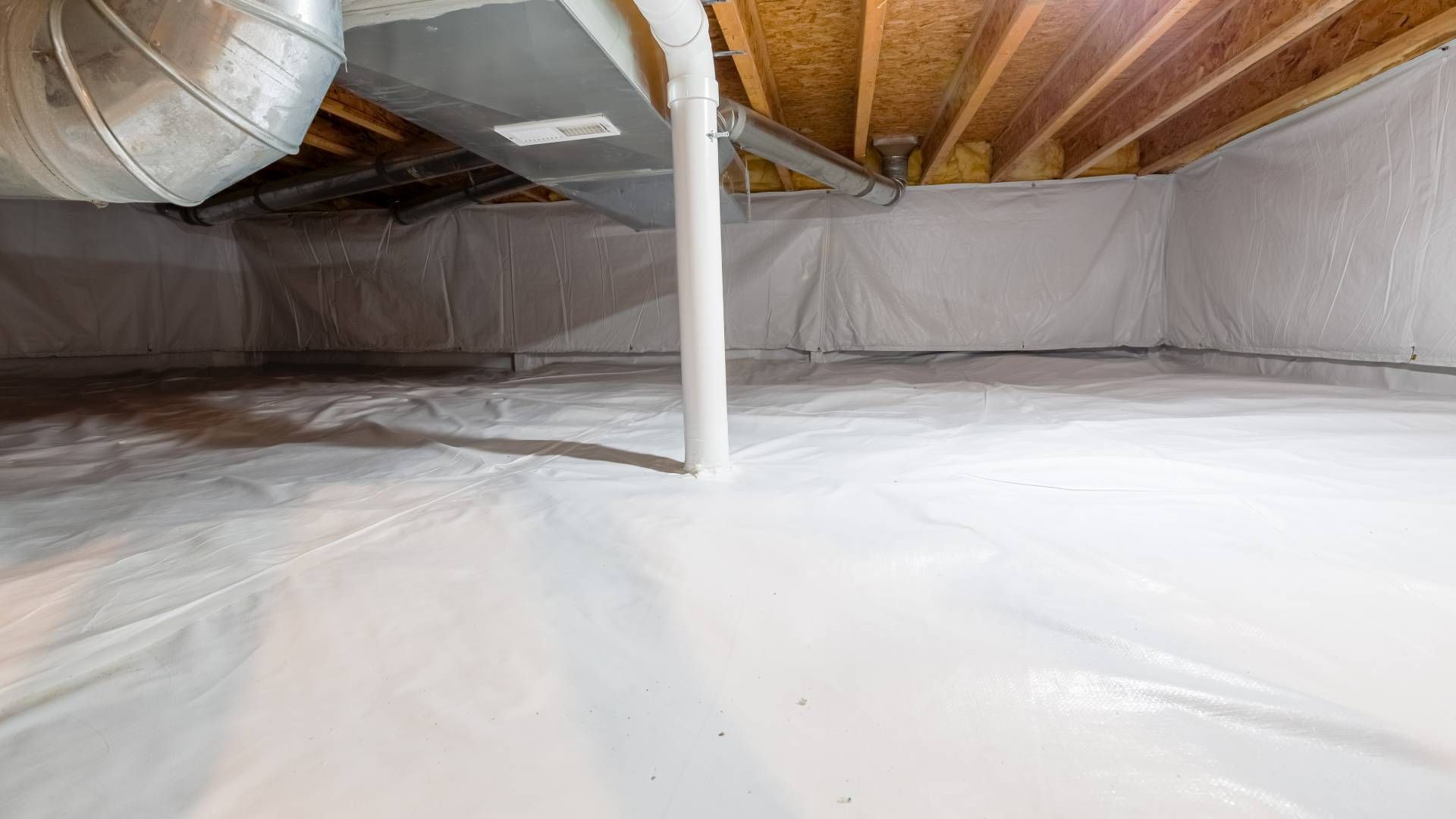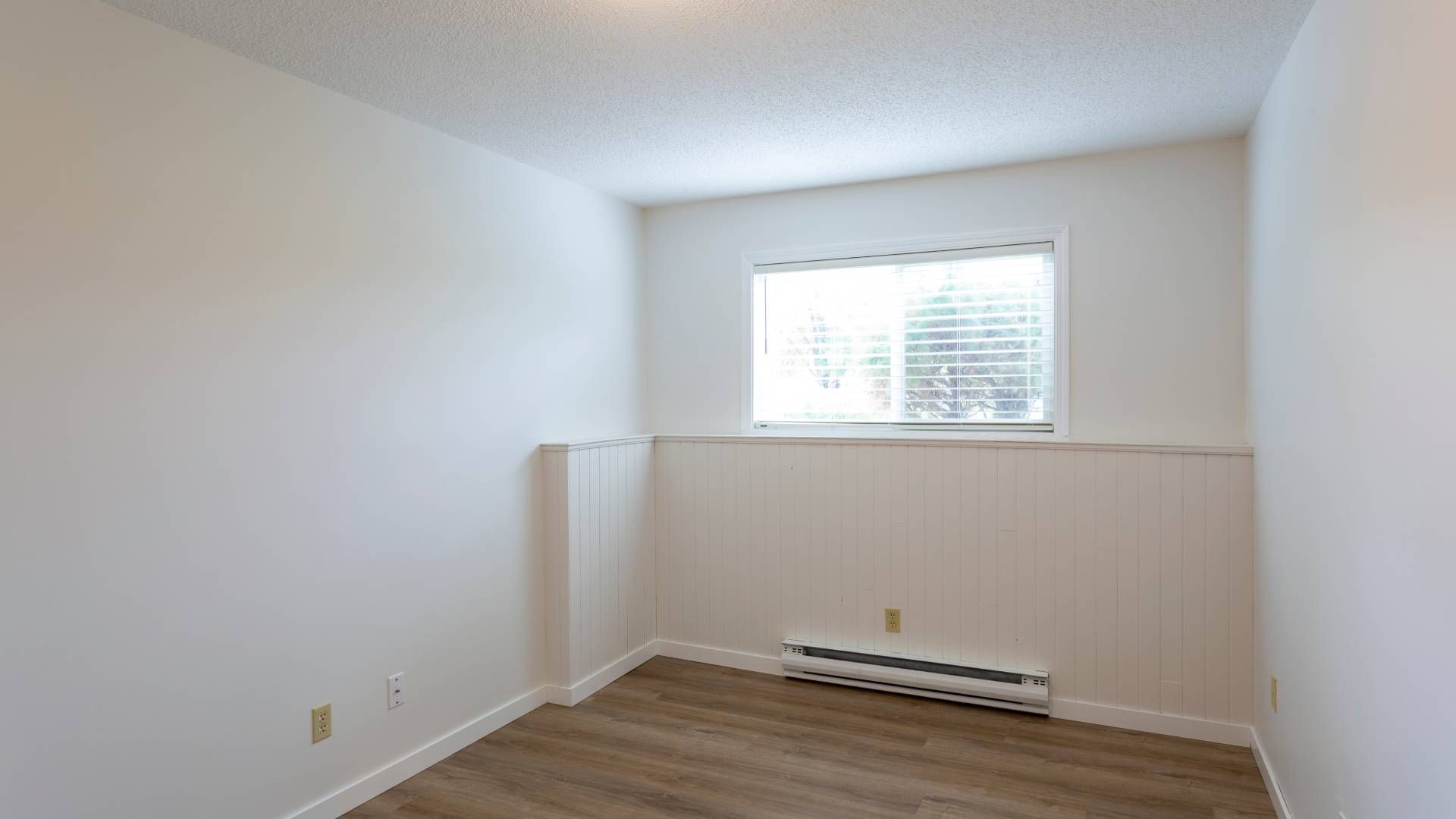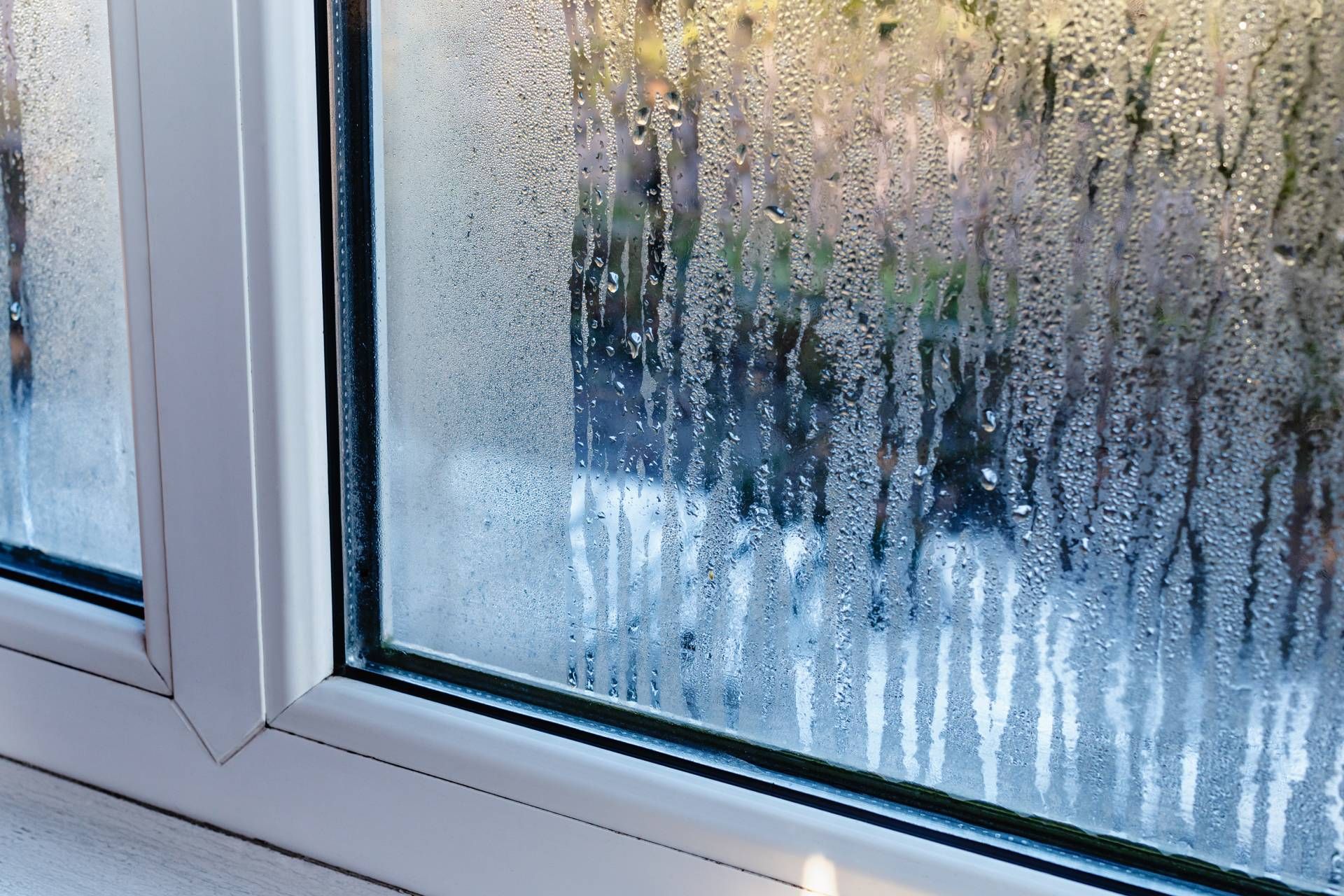Baseboard vs Forced Air Heat: Which is Better for Your Home
Winter is rolling in fast, and you may wonder if your home's heating system is the best choice. The vast majority of homes have either baseboard heaters or forced air systems. Both options will heat your home, but they each have their pros and cons. At the end of the day, your choice comes down to cost and personal preference. We’ve put together this guide to help you decide which heating system is best for you.

Let’s Talk About Baseboard Heat
There are two types of baseboard heater: electric and hydronic. The electric version uses electricity to heat metal parts inside the until to create warm air. It’s an inexpensive system but also rather inefficient.
Hydronic baseboards use electricity to heat oil or water in the system. Once the fluid is heated, the warm air radiates into the room. This method uses much less energy than electric, and the heat can last longer. Even after you’ve turned the heat, you will still feel the warmth from the still hot fluid for a while. But the latent heat capacity of the system also means that the system will take longer to heat up.
Both styles are generally installed beneath windows to help stop cool air from leaking in and decreasing the room temperature. Convection is created when cool air is sucked into the system, warmed, then dispersed, sucking more cool air in behind it.
What About Forced Air Heat?
This is the most common type of heating system found in homes. While there are four different types of forced air heaters, the most used is a gas furnace. You can also use an electric furnace, heat pumps, or hydronic coils.
Gas systems use a pilot light or ignition to create combustion with gas and provide heat. The hot air is then blown through ductwork. Electric furnaces use electricity rather than gas to produce heat and blow the warm air through ducts.
Pros & Cons of Baseboard Heat
- Baseboard heating units operate almost silently.
- They don’t require ductwork, which makes for much easier installation. This is especially true if your home doesn’t already have ductwork.
- The cost to install a baseboard unit is much lower than the cost to install a forced air one.
- Baseboard heaters are energy efficient and provide consistent heat.
Cons
- Baseboard systems can take longer to heat a room thoroughly.
- The system only provides heat.
- If you use an electric baseboard, it can be quite expensive with heavy use.
Pros & Cons of Forced Air Heat
Forced air heat is the most efficient way to heat your entire home, and the ductwork can be used for air conditioning in the summer months.
- Forced air units rapidly heat a room, regardless of size.
- The newer models can be up to 98% more efficient at heating your home.
- The same pumps can handle both heating and cooling use.
Cons
- One of the most common complaints regarding forced air is the airflow distributing dust and allergens throughout a home.
- Should the ductwork leak, the heat distribution will lose significant efficiency.
- The heat can be inconsistent between rooms.
Contact Us
Now you know the differences between a baseboard and forced air heating systems. If you’re thinking about replacing your system or just need a winter weather tuneup, give us a call at (859) 559-6409. Our professional team has more than 30 years of experience, and we pride ourselves on providing the best service around. We offer 24/7 emergency service and can handle any issue, small or large. We are located in Lexington, KY, and are proud to serve the surrounding area, including Versailles, Winchester, Georgetown, Paris, Wilmore, and Nicholasville, KY.
